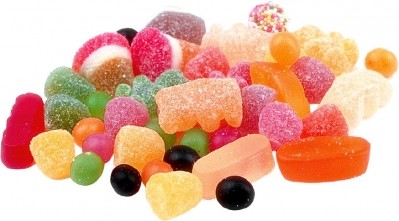Tic Tac turns it back on polystyrene in recycle push
The manufacturer claims that by switching to using polypropylene polymers in its packaging - a material it says is more readily recyclable - Ferrero can drive significant reductions in its overall carbon footprint. Tic Tic brands have previously used polystyrene in the body of its well-known plastic packs, according to the company.
Amidst drives for greener candy, leading multinational and specialist confectioners are playing up initiatives designed to cut the amount of packaging being used in their products, reflecting wider long-term sustainability targets facing the industry.
Tic Tac switch
In switching packaging materials, Ferrero says it expects to cut greenhouse gas emissions from producing the mints by 44 per cent, with an additional 34 per cent reduction in energy use. The manufacturer claims the focus will also cut overall plastic use by 296 tonnes a year from the operations.
Although Tic Tac claims the transparent packaging will retain its familiar look and feel, a redesign of its labelling will also encourage consumers to recycle the product.
Jim Morris, brand manager for Tic Tac, suggests that the company will attempt to back up the green message being used to promote the new designs by encouraging responsible disposable of the empty packaging.
"We encourage consumers to incorporate 'reduce, reuse, and recycle' activities into their daily lives, and to that end have printed a call-to-action on our packages asking consumers to be green and please recycle the packaging after they have enjoyed their mints," he states.
End of life
Beyond the group’s own attempts to push recycling of its pack waste, some national organisations suggest manufacturers may have to look across their entire supply chain, and not just at the end of a product’s life, as part of future industry green targets.
The Waste Resources Action Programme (WRAP), a UK government-backed programme to ensure the country meets EU waste requirements, suggests that a new range of voluntarily commitments expected next year will focus increasingly on materials reductions on the factory floor as well as at consumer level.






